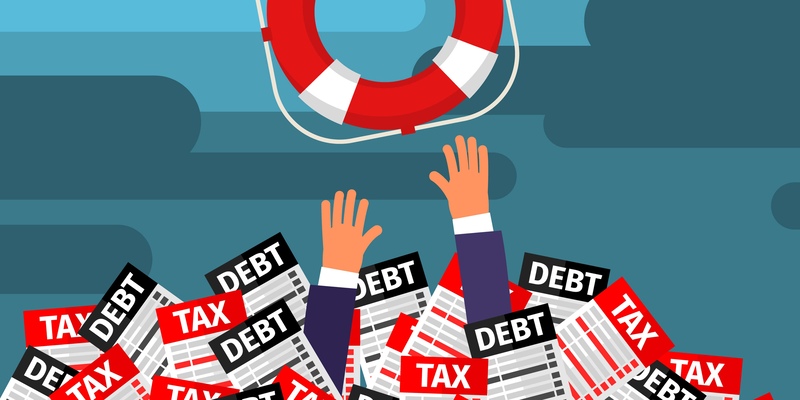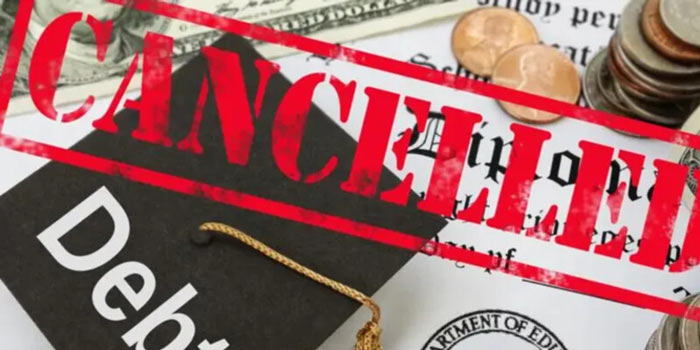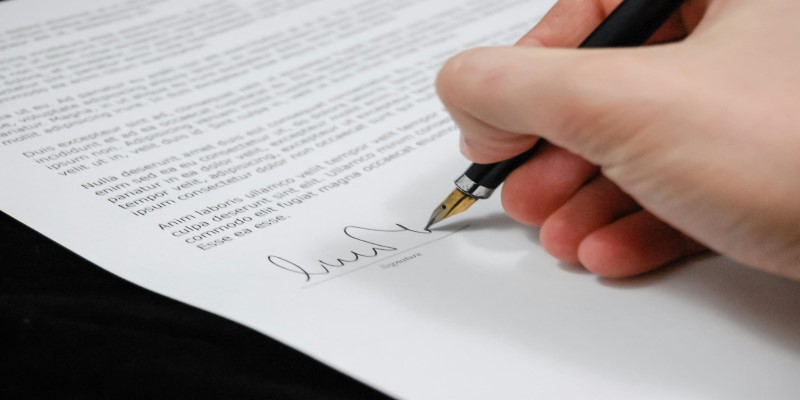Your Guide to Buying Your First Car: Tips and Tricks
Are you ready to take the leap and buy your first car? Congratulations! This is a significant milestone in your life, and it's essential to approach it with careful consideration and planning.
Purchasing your first car can be an exciting yet daunting experience, but with the right guidance, it can also be incredibly rewarding. In this article, we'll walk you through everything you need to know to make a well-informed decision and drive off the lot in your dream car.
Things to Know for Buying Your First Car
Here are some of the basic things you should know before buying your first car.
Budgeting: Where to Start
Before you start browsing car listings or visiting dealerships, the first step is to determine your budget. Your budget will dictate the type of car you can afford, including factors such as make, model, age, and condition. Take some time to sit down and assess your finances realistically. Consider your monthly income, expenses, and any additional costs associated with car ownership, such as insurance, maintenance, and fuel.
When setting your budget, it's essential to be conservative and avoid stretching yourself too thin financially. Remember that purchasing a car is not just a one-time expense; there are ongoing costs to consider. Aim to set aside a reasonable amount for a down payment, and don't forget to factor in taxes and registration fees.
Research: Finding the Right Fit
Once you have a clear idea of your budget, it's time to start researching different makes and models to find the right fit for your needs and lifestyle. Consider factors such as fuel efficiency, safety ratings, reliability, and resale value. Think about how you plan to use the car will you be commuting long distances, hauling equipment, or navigating city streets?

There are countless resources available online to help you research cars, including consumer reviews, expert ratings, and comparison tools. Take advantage of these resources to narrow down your options and create a shortlist of potential candidates. Don't forget to consider factors such as insurance costs and maintenance expenses when evaluating different models.
Plan for Maintenance
Owning a car comes with ongoing maintenance costs, such as oil changes, tire rotations, and brake replacements. Be sure to budget for these expenses and factor them into your overall cost of ownership. It's essential to follow the manufacturer's recommended maintenance schedule to keep your car running smoothly and prevent costly repairs down the line.
Consider setting aside a portion of your monthly budget for routine maintenance, such as oil changes and tire rotations, and budget for larger expenses, such as brake replacements and major services, as needed. Additionally, consider investing in an extended warranty or service contract to cover unexpected repairs and give you peace of mind.
While these contracts can add to the upfront cost of buying a car, they can save you money in the long run by protecting you from expensive repairs once the manufacturer's warranty expires.
Test Driving: Putting Your Options to the Test
Once you've narrowed down your choices, it's time to hit the road and test-drive some cars. Testing driving is an essential step in the car-buying process, as it allows you to get a feel for how different cars handle and perform in real-world conditions. Schedule test drives at multiple dealerships to compare different makes and models side by side.
When test-driving a car, pay attention to factors such as comfort, visibility, handling, and acceleration. Take the car on a variety of roads, including highways, city streets, and winding country roads, to see how it performs in different driving conditions. Don't be afraid to ask questions, and take your time to thoroughly evaluate each vehicle.
Negotiating: Getting the Best Deal
Once you've found the perfect car, it's time to negotiate the terms of the sale. Negotiating can be intimidating, but with the right approach, you can ensure you're getting the best possible deal. Start by researching the market value of the car you're interested in, taking into account factors such as mileage, condition, and location.
When negotiating, be firm but polite, and don't be afraid to walk away if the dealer isn't willing to meet your terms. Consider factors such as financing options, trade-in value, and any additional perks or incentives the dealer may be offering. Remember that everything is negotiable, from the price of the car to the terms of the financing agreement.
Closing the Deal: Crossing the Finish Line
Once you've agreed on a price and terms with the dealer, it's time to close the deal and drive off in your new car. Before signing any paperwork, be sure to carefully review all the terms and conditions of the sale, including any warranties or guarantees offered by the dealer. If you're financing the car, make sure you understand the terms of the loan agreement, including interest rates, monthly payments, and any fees or penalties.

Once everything is in order, it's time to take possession of your new car. Be sure to inspect the vehicle carefully before driving off the lot, checking for any signs of damage or defects. Take the time to familiarize yourself with the car's features and controls before hitting the road, and don't hesitate to ask the dealer for a demonstration if you're unsure about anything.
Conclusion
Buying your first car is an exciting milestone, but it's essential to approach it with careful planning and consideration. By setting a realistic budget, doing thorough research, test-driving multiple cars, negotiating the best deal, and carefully reviewing the terms of the sale, you can ensure a smooth and successful car-buying experience.
Remember that purchasing a car is just the beginning of your journey be sure to budget for ongoing expenses such as insurance, maintenance, and fuel. And most importantly, enjoy the ride there's nothing quite like the feeling of hitting the open road in your very own car.












